Play to Win: How to Supercharge Your Business Development for 2023

*NOTE: This podcast is not an exact audio of this article. The takeaway is similar, but the article is more detailed.
It’s the beginning of the fourth quarter. So, you are likely planning for next year. Is it your intention to increase your revenues? An increase is a change. If you do the same things next year, the best you can expect is the same outcomes as this year (unless your competitors improve their skillsets and siphon off some of your clients). So, how will your business development activities differ in 2023?
Business Development Is Like Tennis
The time between the U.S. Open and the Australian Open tournaments is the unofficial off-season for tennis players. This is when the top players and those looking to join the elite work on their games.
There’s no such thing as an individual sport. Successful individuals are backed by a team. Thus, business development, like tennis, is both an individual and a team sport. So, this article discusses:
- how to put together a personal business development team,
- what each person’s role or duties should be, and
- how this team can position you—the key player—to win more business in the field.
What You Can Learn about Business Development from Rafael Nadal
Follow the analogy. Rafael Nadal is my favorite tennis player. Let’s talk about the team around Rafa and how each member readies him to go out and win 22 majors … and counting. (Hopefully, there are a few more to come). Then, after we finish the Nadal example, we’ll talk about you and your business development team.
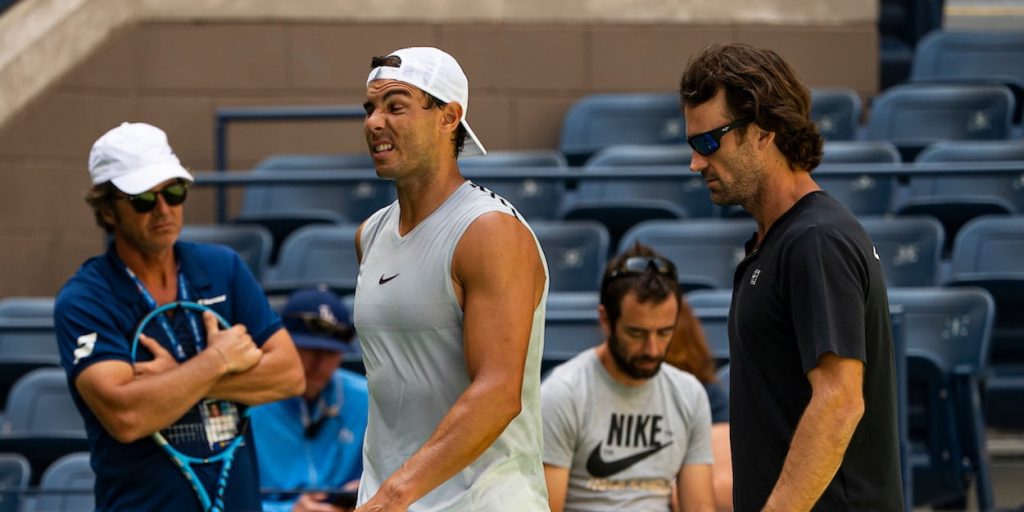
Rafael Nadal and his team.
Nadal has a coach. Currently, it’s Carlos Moya. But previously, it was Rafa’s uncle Toni Nadal. Toni now coaches Felix Auger-Aliassime of Canada. That dynamic must have been a bit awkward in Paris this summer when Felix took Rafa to 5 sets at Roland Garros. (I promise you don’t have to love tennis to understand today’s business development lesson. Just keep reading. The significance of Felix’s accomplishment will soon become clear.)
The Role of a Coach
Back to the analogy. The role of the coach is to strategize with the player regarding a particular opponent. (That’s what Uncle Toni was doing for Felix!)
As a coach, you want to scout the opponent. Then, give your player tips on the opponent’s strengths and weaknesses; how the opponent likes to play (i.e., the opponent’s tendencies and favorite shots). Discuss what makes the opponent comfortable or uncomfortable. In essence, the coach and the player put their heads together so the player has a clear strategy for the match. That may explain why Felix (who previously hadn’t been past the first round in Paris) reached a decisive fifth set with Rafa at a tournament Rafa has won 14 times in 17 attempts.
The Role of a Trainer
But long before the match, long before the tournament, Rafa works with his hitting partner and his physio. These are his trainers. Trainers don’t have a particular opponent in mind. Their role is more to work on Rafa’s game. Make sure he has all the shots and knows when to use each one. His trainers helps Rafa practice executing the shots from offensive and defensive positions. Trainers work with Rafa to improve in areas where he’s not as dominate, such as his serve speed.
Another task is to make sure he’s physically fit enough to deploy his weapons over the course of an entire match and a 14-day grand slam tournament. They give him opportunities to practice over and over so that his behaviors become habitual, leading to less stress during the match. That way, no matter who Rafa’s opponent is or how well they are coached for a particular match, Rafa has the skills, fitness, and confidence to withstand the pressure.
Role Players in Business Development
This star plus role players set-up is the same situation you want to create with your business development team. You are the star tasked with execution. But execution is difficult. Therefore, you need to fill the coach and trainer roles to make your job easier.
In business development, your coach is responsible for reinforcing existing skills. The coach’s role is to keep you motivated and focused so you can execute on a strategy that the two of you agree on. When something in the field doesn’t go as you planned (which, in my experience, always is the case), the coach helps you troubleshoot and adjust so you can get the pursuit back on track.
Your trainer, on the other hand, shows you the nuts and bolts of pursuing, acquiring, and developing clients. You tryout ideas with a trainer. A trainer teaches you how to play offense (i.e., how to hunt new clients and farm existing accounts). You also learn how to defend your existing territory from competitors. You practice your pitch with a trainer. With the guidance and input of your trainer, you develop your style and your personal brand. A trainer also teaches you best practices and industry trends. In other words, your trainer helps make sure you have all the skills and that you understand when to deploy them.
For example, in which stage of the client consultation should you talk about money? What’s the most effective way to contrast yourself, your firm, and your offering, with the competition? How do you incorporate your existing clients into your pursuit of new logos or new clients? These are all skills you learn from a trainer.
Game Day v. Every Day
On game day, you must already be ready. You don’t want to have a coach trying to teach you best practices when it’s time to go into a pitch. Your mind would be filled with too much information. You’d likely be overwhelmed and unable to execute successfully.
By contrast, if you go into a pitch without all this information, without the comfort of knowing you have the necessary skills to succeed, the uncertainty can be your undoing. You’ll seem unsure of yourself. You may ramble out of nervousness or a desire to appear knowledgeable. This shakiness also is not a path to success.
Therefore, you need both a sales coach and a sales trainer. Plan to spend a full year with your trainer gaining the skills, trying them in the field, and practicing using them until they become habits that you can execute even under pressure. But don’t forget your coach. Even the best laid plans and intentions cannot account for everything that can happen in real time during a consultation. Your coach can prep you for individual pursuits.
The Trainer/Coach
Of course, it is perfectly okay for the coach and the trainer to be the same individual. However, the person must be capable of providing both hyper-focused and general, preparatory services. In truth, that set-up is what Rafael Nadal and other tennis players have. They hire a trainer/coach when they are starting out and continue to use that person to provide both game day and routine advice throughout their careers.
So, take a page out of the playbook of a champion. Play to win!
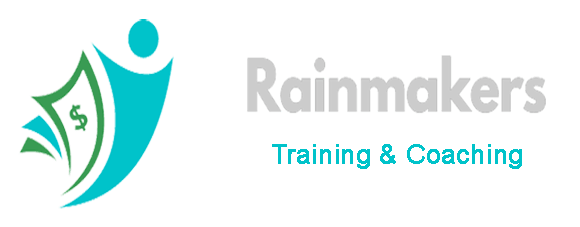
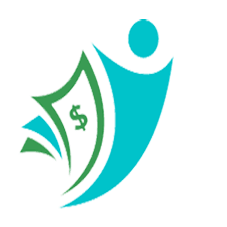


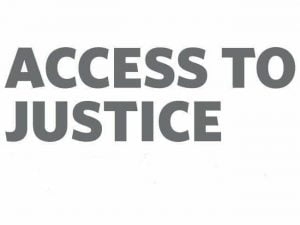
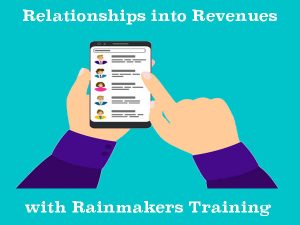

Comments are closed